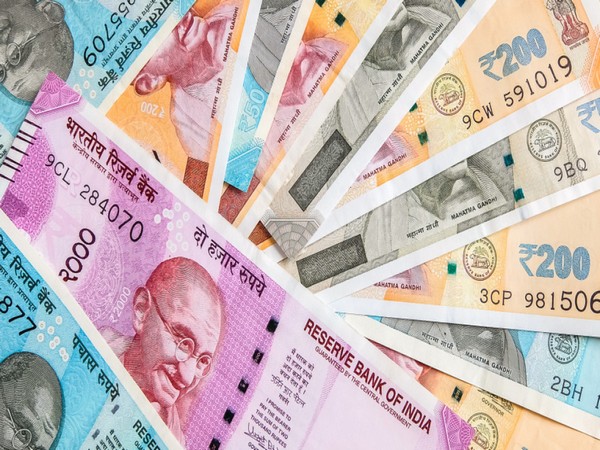ICRA Report: Geopolitical Tensions and Market Volatility Threaten India's Economic Growth
ICRA's latest report signals potential risks to India's economic growth. Geopolitical issues, volatile markets, and changing trade policies could hinder GDP growth, expected to reach 6.2% in FY2026. While urban consumption remains robust, external factors affect investment and private capital expenditure, impacting overall economic stability.

- Country:
- India
According to a new report from ICRA, escalating geopolitical tensions across West Asia, along with volatile financial markets and unpredictable trade policies, are poised to threaten India's GDP growth. The nation's economic forecast for Fiscal Year 2026 (FY2026) is set at a moderate 6.2%, down marginally from the 6.5% predicted for FY2025. This forecast hinges on favorable monsoon distribution and crude oil prices stabilizing around USD 70 per barrel.
ICRA highlights mixed signals from early economic activity in the initial months of Q1 FY2026, with only nine out of seventeen non-agricultural indicators showing improvement over Q4 FY2025. An early monsoon onset in May 2025 adversely affected sectors like electricity and mining yet promises a robust growth for summer crop outputs. The agricultural Gross Value Added (GVA) is anticipated to rise by 4.5% in Q1 FY2026, with a full-year estimate between 3.5-4.0%, contingent upon normal monsoon conditions.
Urban consumption is exhibiting resilience, buoyed by income tax reliefs, potential interest rate cuts, and easing food inflation rates, with CPI inflation projected to dip from 4.6% in FY2025 to 3.5% in FY2026. The possibility of a final 25 basis points rate cut in October 2025 looms, following a probable pause in August. The report also forecasts a manageable Current Account Deficit (CAD) of 1.1-1.2% of GDP for FY2026, assuming crude oil prices remain around USD 70 per barrel.
Meanwhile, government capital expenditure is predicted to be a significant investment driver, potentially expanding by 14.2% if fiscal space for capital expenditure is exploited. Conversely, private capital expenditure is expected to stay cautious due to tepid external demand, global headwinds from tariff developments, and rising imports from China. (ANI)
(With inputs from agencies.)
ALSO READ
Evolving E-Commerce and Retail Trade Policies Under Review
ICRA's 2025-26 Economic Forecast: Growth Slows Amid Evolving Challenges
Tariffs and Diplomacy: Ishiba's Struggle Against Trump's Trade Policies
Japan Weighs Economic Forecast Adjustment Amid U.S. Tariff Concerns
U.S. Stocks Stumble Amid Geopolitical Tensions and Economic Forecasts









